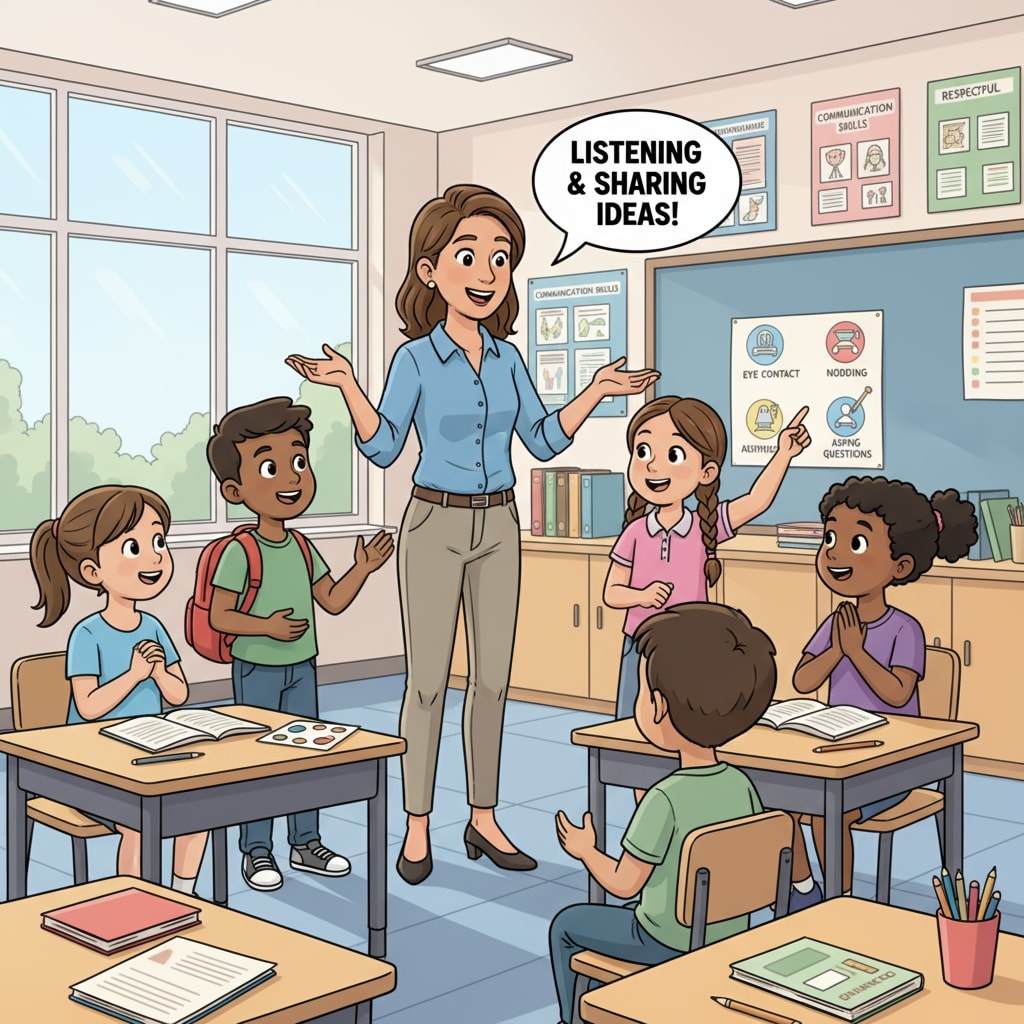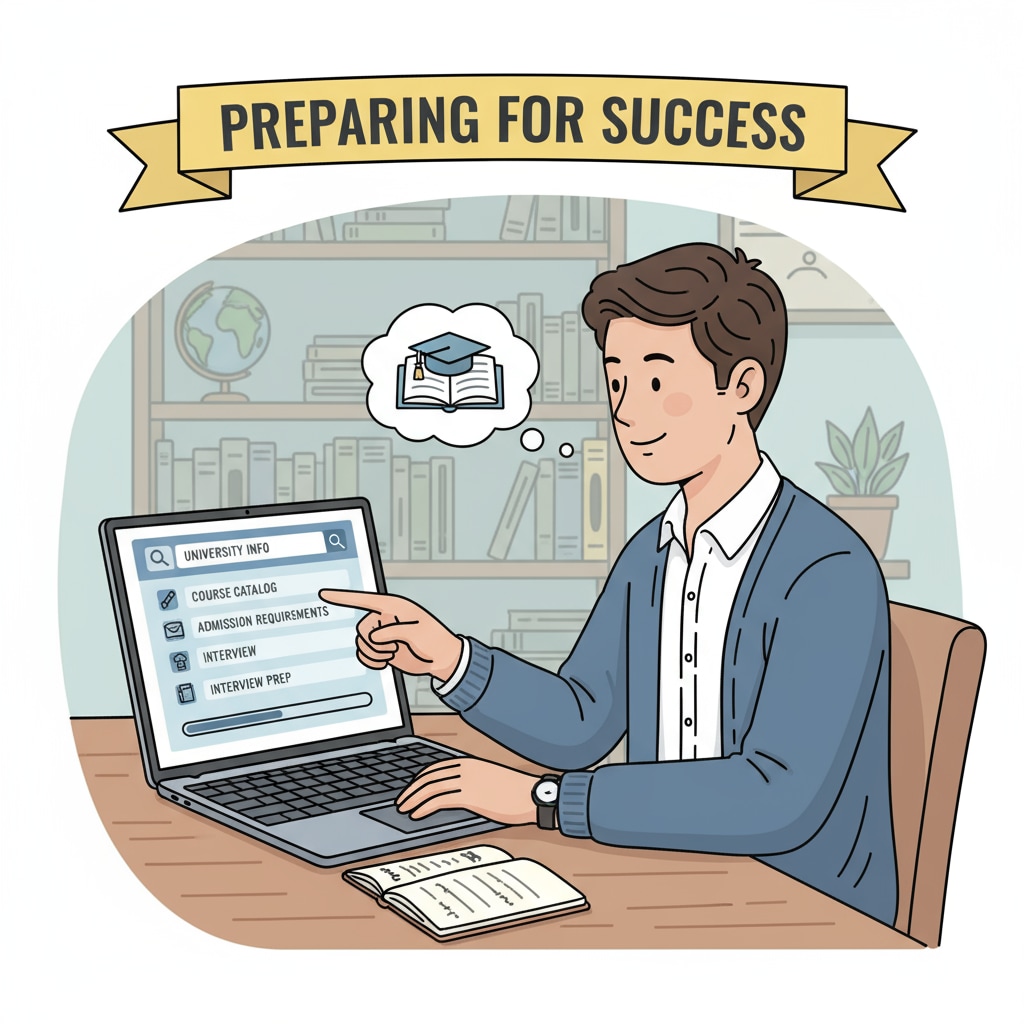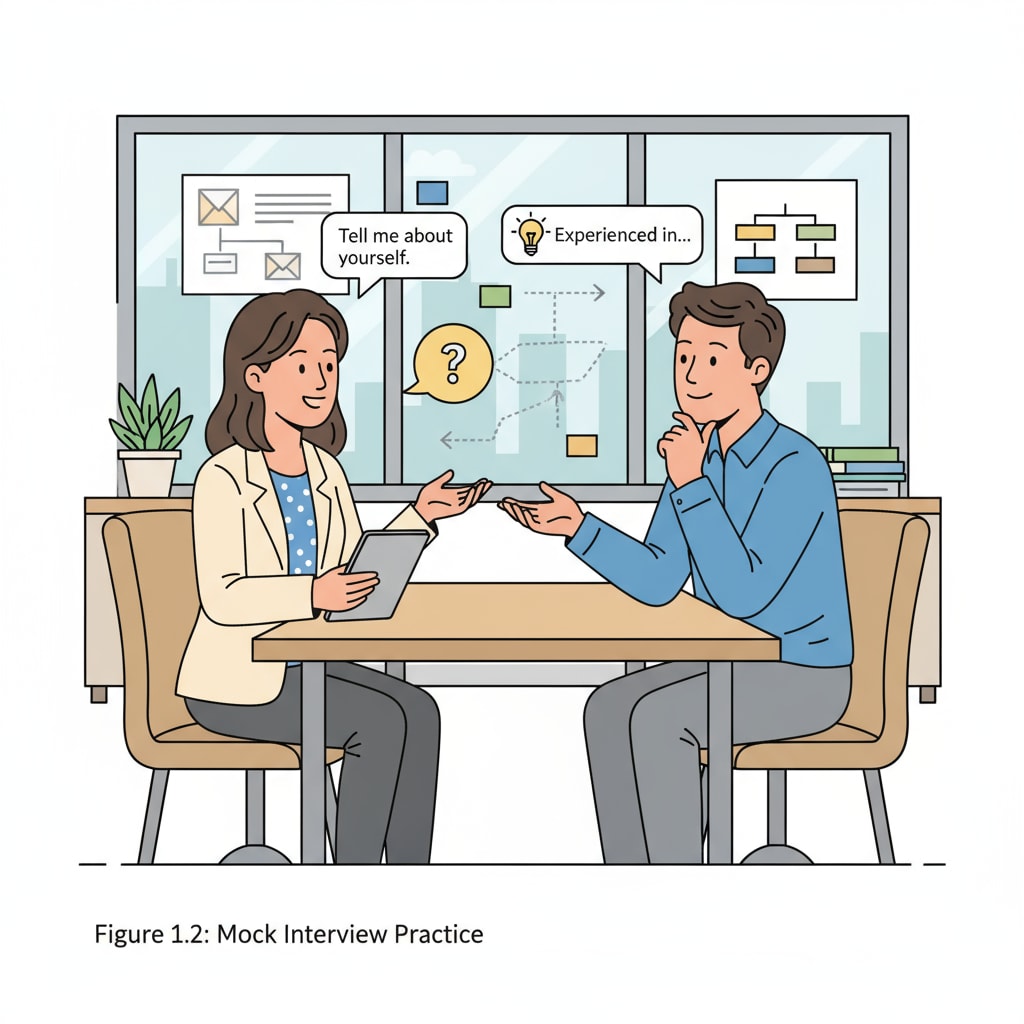In the highly competitive field of K12 education, the ability to communicate effectively during an interview can be the deciding factor between landing your dream teaching job and falling short. This article focuses on how to achieve short-term improvement in interview communication skills. Whether you have two days or less, these strategies will help you shine.

Day 1: Understanding the Basics
On the first day, it’s crucial to grasp the fundamentals of effective communication in an interview context. First, research the school and the position thoroughly. This will give you insights into what the interviewers are looking for. For example, if it’s a school that emphasizes student-centered learning, you can tailor your responses to highlight your experience in this area. How to Prepare for a Teaching Interview on Teach.org provides valuable tips on this front.

Mastering Body Language
Body language is a significant part of communication. Stand or sit up straight, maintain eye contact, and use open gestures. A confident posture can make a world of difference. Avoid fidgeting or crossing your arms, as these can give off negative signals. According to Verywell Mind’s article on body language, positive body language can enhance your message. Practice these gestures in front of a mirror to get comfortable with them.
Another aspect is vocal communication. Speak clearly, at a moderate pace, and with appropriate intonation. This will help you convey your ideas effectively. Record yourself answering common interview questions and listen for areas of improvement.
Readability guidance: Use short paragraphs to make the content easy to digest. Each section focuses on a key aspect of improving communication skills. Transition words like ‘first’ and ‘another’ are used to guide the reader.
Day 2: Practice and Polishing
On the second day, it’s time for intensive practice. Find a friend or family member to conduct mock interviews with you. During these sessions, focus on applying the skills you learned the previous day. Pay attention to your body language, vocal delivery, and the clarity of your answers. Ask for feedback and use it to make adjustments.

Storytelling and Example-Giving
One effective way to communicate your capabilities is through storytelling. Prepare anecdotes from your teaching experience that demonstrate your skills, such as how you handled a challenging student or implemented a successful teaching strategy. This not only makes your answers more engaging but also shows your practical experience. For instance, you could share how you used group projects to improve student collaboration. Use the STAR method (Situation, Task, Action, Result) to structure your stories. This will make them more organized and impactful.
Finally, review your answers and make sure they are concise and to the point. Eliminate any unnecessary words or jargon that might confuse the interviewer. By the end of the second day, you should feel more confident and prepared to communicate effectively during your teacher interview.
Readability guidance: The use of short paragraphs and clear headings helps the reader follow the two-day plan easily. Transition words like ‘finally’ signal the conclusion of the process.


